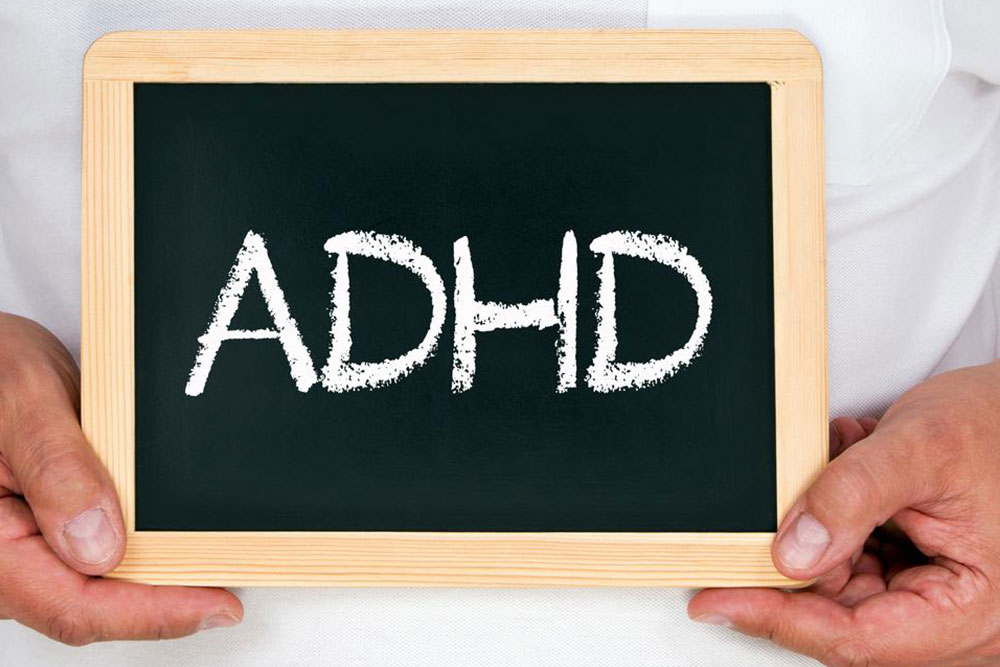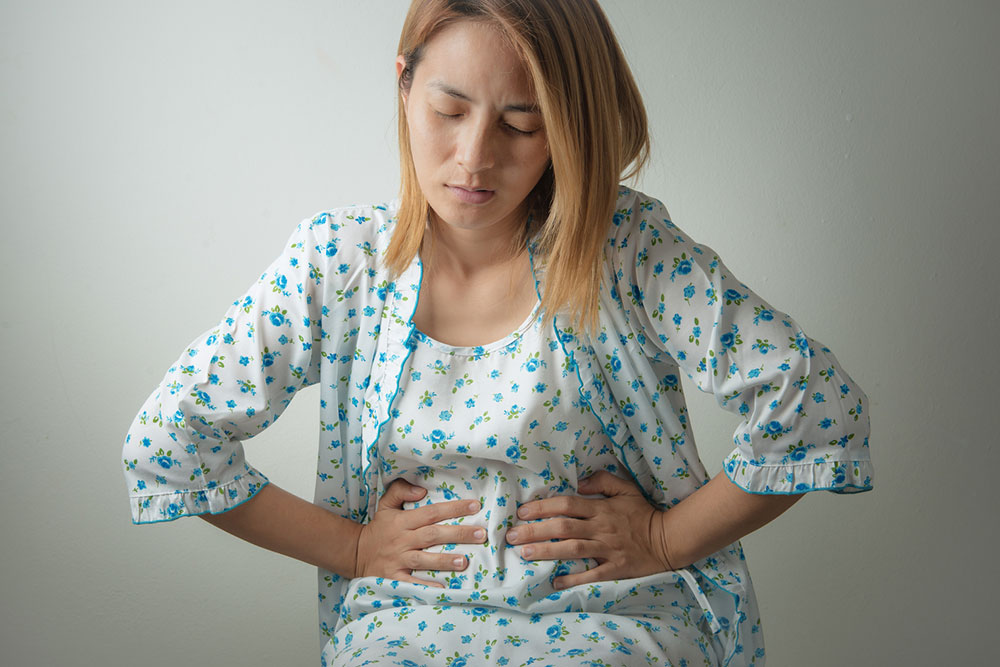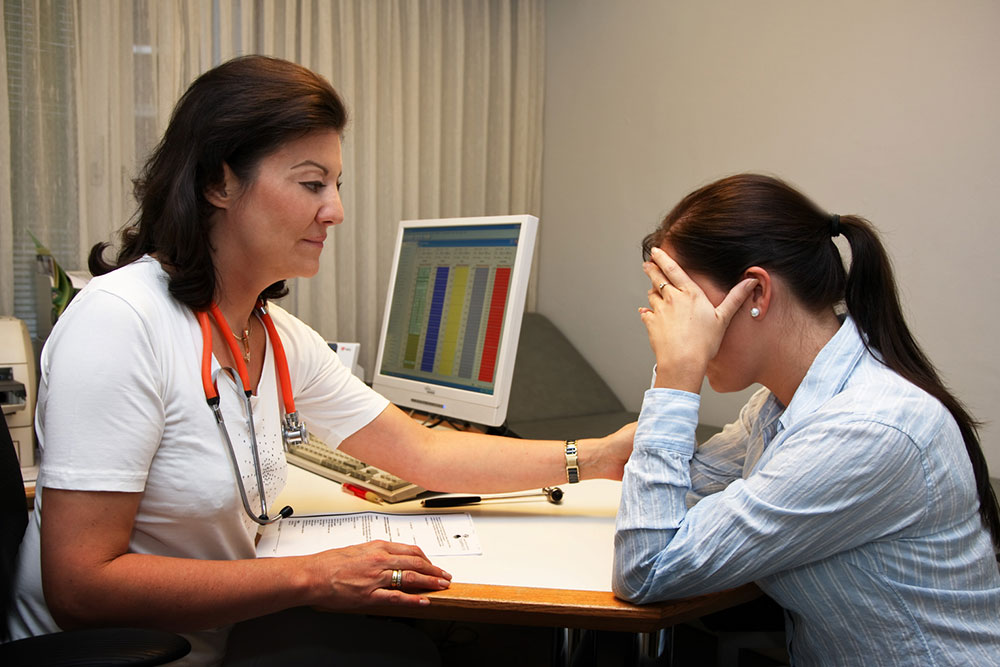Understanding Anorexia Nervosa: Causes, Symptoms, and Treatment Options
This article provides an in-depth overview of anorexia nervosa, exploring its causes, symptoms, and treatment options. It highlights the importance of early intervention and psychological support for recovery. The piece emphasizes that anorexia affects individuals of various ages, with both behavioral and physical symptoms and outlines effective treatment strategies, including therapy and medical support. Understanding this serious disorder is crucial for timely help and recovery, emphasizing the need for awareness and professional intervention.

Understanding Anorexia Nervosa: Causes, Symptoms, and Treatment Options
Anorexia nervosa is a severe eating disorder characterized by extreme weight loss and abnormal eating behaviors, which can lead to critical health issues or even death. Often affecting teenagers and women, the disorder stems from fears of gaining weight, leading individuals to restrict their food intake regardless of their actual weight. Recent studies show that around 13% of women over 50 also suffer from this condition, highlighting its widespread impact. If untreated, anorexia can be life-threatening.
In the binge-purge subtype, individuals force themselves to vomit or exercise excessively to lose weight.
In the restrictive type, sufferers exhibit strict self-control, limiting food intake to very small amounts, which is insufficient to maintain normal body weight.
What causes anorexia nervosa? While the exact cause remains unknown, both biological factors and life experiences play significant roles. A family history of eating disorders increases genetic susceptibility. Low self-esteem, bullying related to body image, and negative social interactions can trigger the disorder. Additionally, perfectionists and high achievers may develop anorexia due to an obsession with excellence. Biological factors like serotonin imbalance are also linked to the condition.
Those experiencing biological or psychological stress may resort to restrictive eating or purging behaviors, influencing the development of anorexia.
Symptoms of anorexia nervosa can be behavioral, emotional, or physical. Behavioral signs include excessive exercise, fasting, strict dieting, bingeing, vomiting, and misuse of laxatives or diuretics.
Emotional and behavioral symptoms encompass irritability, mood swings, social withdrawal, decreased sexual interest, frequent body checks, covering up with layers of clothing, obsessive weight measurement, denial of hunger, meal skipping, and exercising regardless of weather or health.
Physical symptoms often include abdominal pain, constipation, blood pressure fluctuations, dizziness, cold intolerance, irregular periods, muscle weakness, slow wound healing, dental issues like cavities, growth of fine body hair (lanugo), salivary gland swelling, dry skin, brittle nails, calluses on knuckles from vomiting, fatigue, hair loss, dehydration, and swelling in limbs.
How is anorexia nervosa treated? Treatment aims to restore healthy weight and address psychological factors. Approaches include:
Medication, such as antidepressants, prescribed under medical supervision to support weight gain.
Providing emotional support from family and friends to help resist urges to starve or purge.
Counseling or therapy to modify behavior and emotional responses, promoting normalized eating habits.
In severe cases, feeding via nasogastric tubes may be necessary, and hospitalization might be required for extreme malnutrition or psychological issues. Adherence to treatment plans and strong support networks are crucial for recovery, encouraging individuals to avoid obsessive behaviors like mirror checking or starvation.










